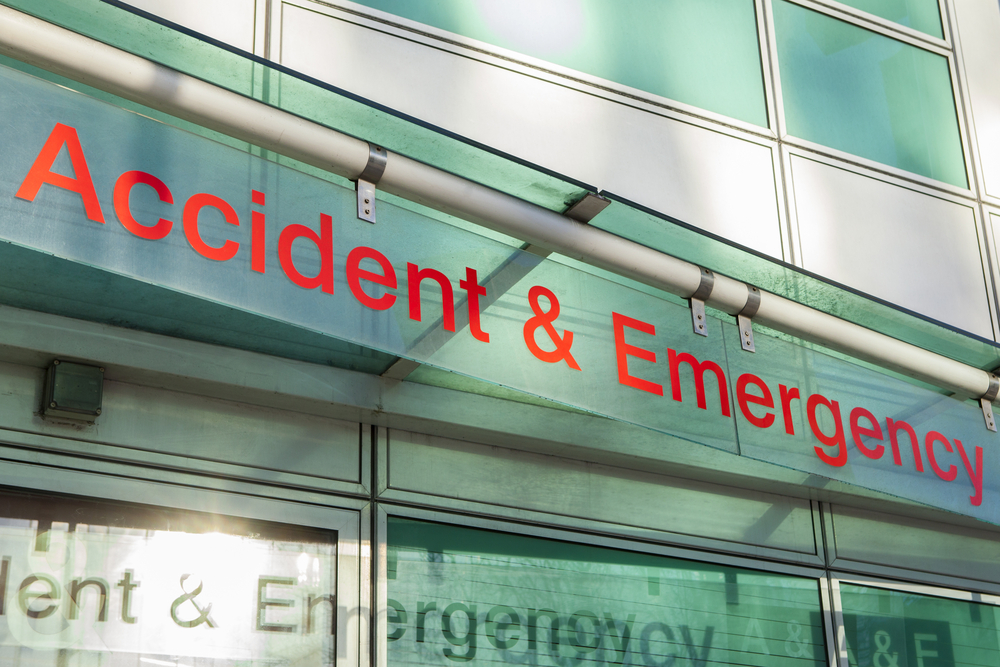The survey of people using A&E, conducted by researchers at the University of West of England, Bristol and the University of Bristol, found the most common reasons for attending were pain, falls, and other types of accidents resulting in minor injuries. The management of fever in children was another common reason for seeking help.
Healthcare workers interviewed for the study suggested that more patients could help themselves with first aid, for example, by taking simple medicines to reduce pain or fever. Some health workers felt that patients were not taking medication – or that parents were avoiding giving pain relief to children – due to a belief that doctors need to witness an illness at its worst point.
More than half (58.5%) of patients seek advice before attending A&E, mostly from their GP surgery (18.2%) or from relatives (11.9%). People interviewed for the survey expressed a desire to use A&E services appropriately but found it difficult to know whether a health problem was severe enough to need urgent care.
Joe Mulligan, British Red Cross head of first aid education, said: "Clearer public information and first aid education could help people access the right type of care at the right point in time – which could ease some of the pressure on A&E, and reduce patient suffering.
"What's worrying is that there is a lot of confusion, with many people unsure how to correctly assess their health issue and unable to navigate the health system accordingly. The research shows that patients are seeking advice before attending A&E, highlighting how difficult it is for people to work out which service best suits their needs.
"Ultimately we would like everyone to have the opportunity to learn first aid at key stages throughout their lives, starting at school. This would help to equip a generation of people with the first aid skills they need to help in an emergency."
Dr Matthew Booker, NIHR Doctoral Research Fellow in the Centre for Academic Primary Care at Bristol Medical School (Population Health Sciences), added: "This research suggests that it can be quite difficult for people to decide where best to go for advice and help when faced with a perceived urgent health problem. This can be particularly challenging for parents and carers.
"This work supports the idea that the modern definition of "first aid" should include skills to aid self-care and manage minor illness. Additionally, first aid education that helps people to understand how, where and - crucially - how urgently to seek help may assist services with the ever-increasing pressures."
The healthcare professionals in the study identified seven groups of patients who use A&E frequently and could potentially benefit from first aid interventions, either directly or from a carer:
- Patients with long-term health conditions, including mental illness
- Children / parents of young children
- Older people, especially those who are frail or have multiple health needs
- People who use substances
- People referred to A&E by their employer or a first-aider at work
- People receiving health and social care at home or in community settings
- The general public experiencing self-limiting infections and minor injuries
The report, The role of first aid education to support people attending urgent care services, is accompanied by a summary report by British Red Cross, Easing the pressure on A&E: Could first aid education help?.
The full report and summary are available from www.redcross.org.uk/urgentcare.
